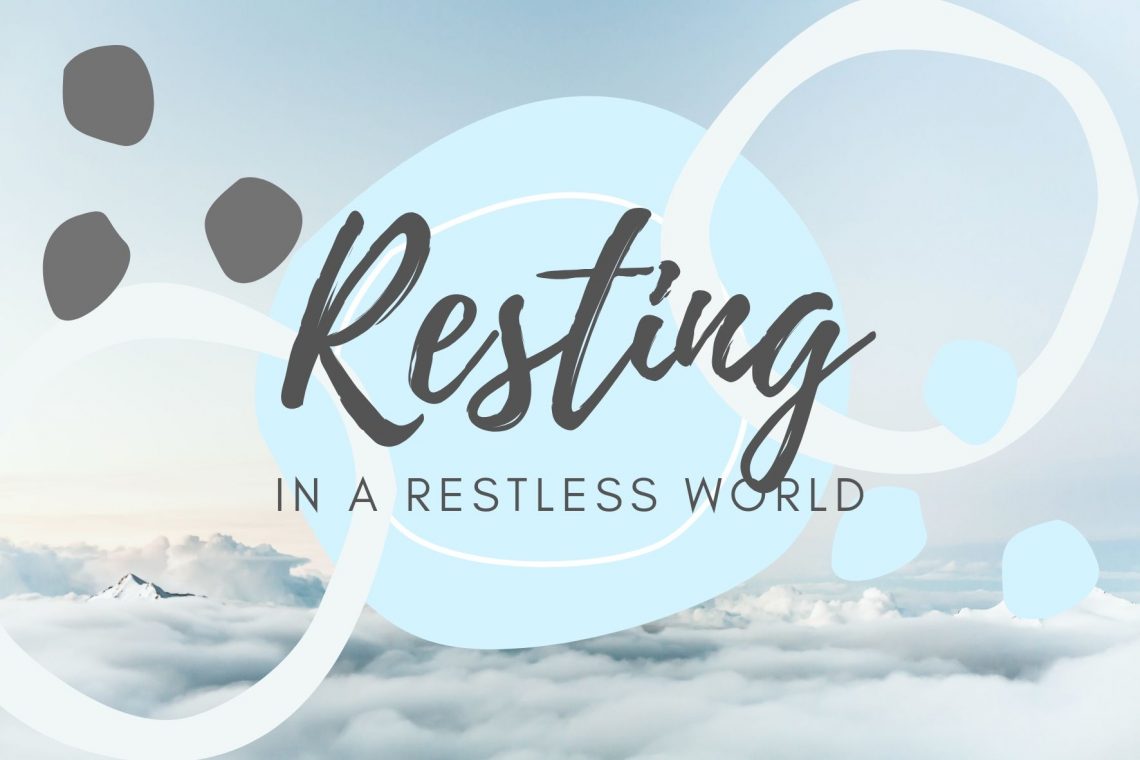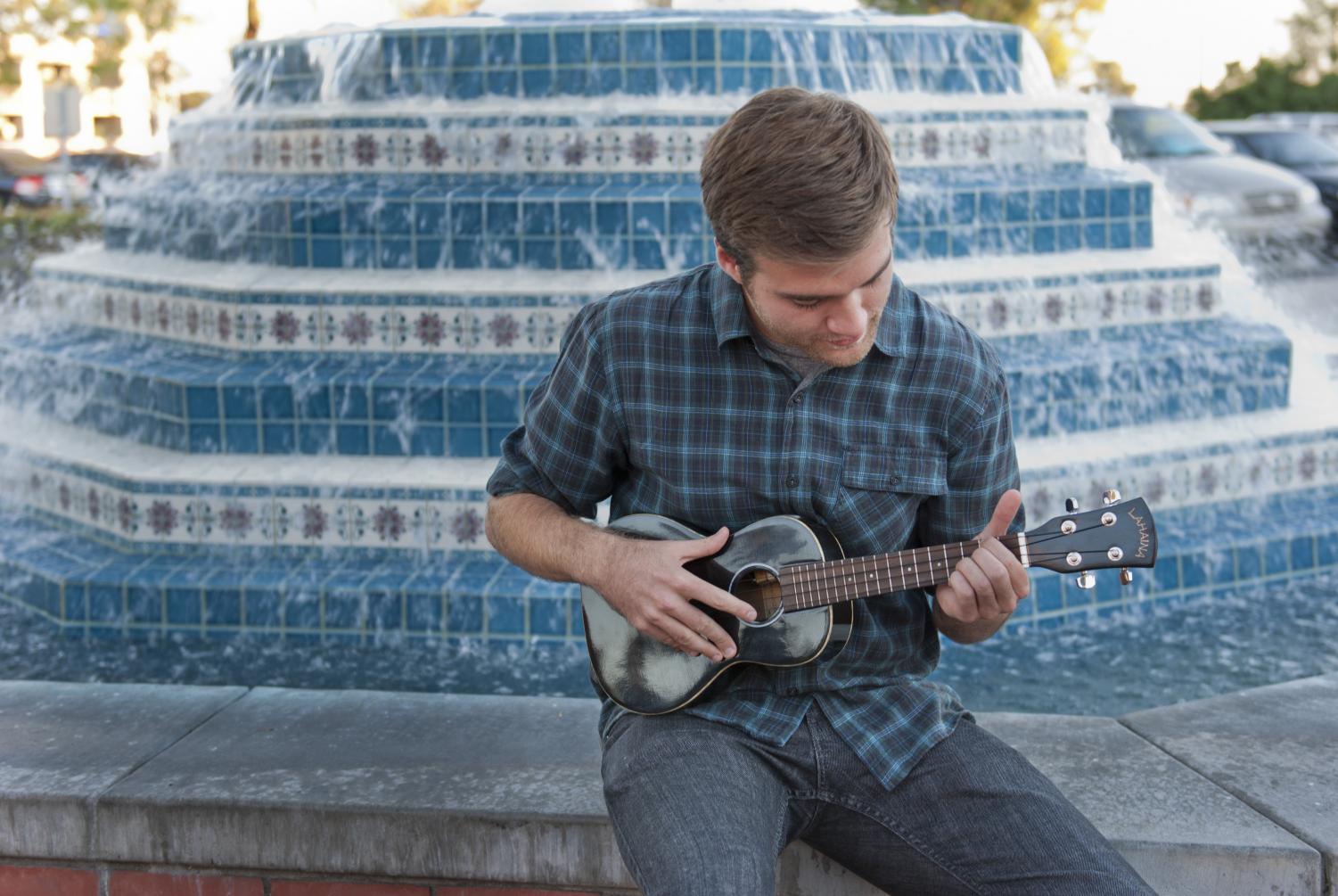Written by Laine Thomas
Rest. The divinely decreed command calling the chosen people of God to set aside their daily agendas and redirect their focus to Him. Yet, this Biblical push for stillness opposes the bustle and drive of American culture. Stemming from the concept of the American Dream, modern society continues to hold self-achievement in high regard. This value has become especially prevalent in the corporate and educational realms, undermining habitual rest.
The American College Health Association reports that 57 percent of college students felt overwhelmed by all they had to do over the course of two weeks, and 55.1 percent felt exhausted from non-physical activity in 2018. This demographic has been caught under the intensifying pressure to succeed. These emerging adults are expected to balance caring for their present self with preparing for their future careers. For many, this includes juggling education, jobs, internships and networking. The National Survey of Student Engagement reveals that in 2019, 58 percent of college seniors work on campus jobs and 41 percent work off campus in addition to their studies.
Instead of responding to the intensity of their workload, society’s push for achievement encourages individuals to find pride in it. Dr. Jason McMartin, Associate Professor at Talbot School of Theology explains in his paper “Sloth, Sleep, and Sanctification,” “Rejection of our finitude withholds glory from God, who alone is infinite, self-contained, independent, and sleepless.” When students succumb to the bustle of college life, refraining from rest, buy into the lie of self-sufficiency. Allotting time for stillness allows an individual to acknowledge their mortal limitations and dependence upon God, honoring and glorifying Him.
Although setting aside time for rest may seem daunting or unattainable, there are a variety of ways students can pursue stillness in their daily lives. Whether it be in body, mind, or soul, students can find ways to live in a healthy balance between work and rest.
- Community: The Christian walk is not one of solitude, but of community. The Church has been given so that believers might edify one another. Finding a church can provide students with a body of like-minded individuals, who can support them through the wear of the semester and guide them in redirecting their focus to the power of God.
- Self-care: Although this term has become associated with face masks and fruit infused water, tending to the body is connected to nurturing the mind. The National Alliance on Mental Illness explained that students can care for their bodies through exercise, sleep, and diet. Activities such as exercise can serve as an outlet for stress, while diet fuels the body, and sleep restores. McMartin said, “Since God is always working, we are able to express trust in his provision through the inactivity of sleep.”
- Campus resources: The National Alliance on Mental Illness advised students to “know where and when to seek help, and who to talk to.” Students are not alone in their academic journey, and resources such as the Biola Counseling Center, Spiritual Direction, and Center for Marriage and Relationships serve to guide students through challenges towards well-being.





